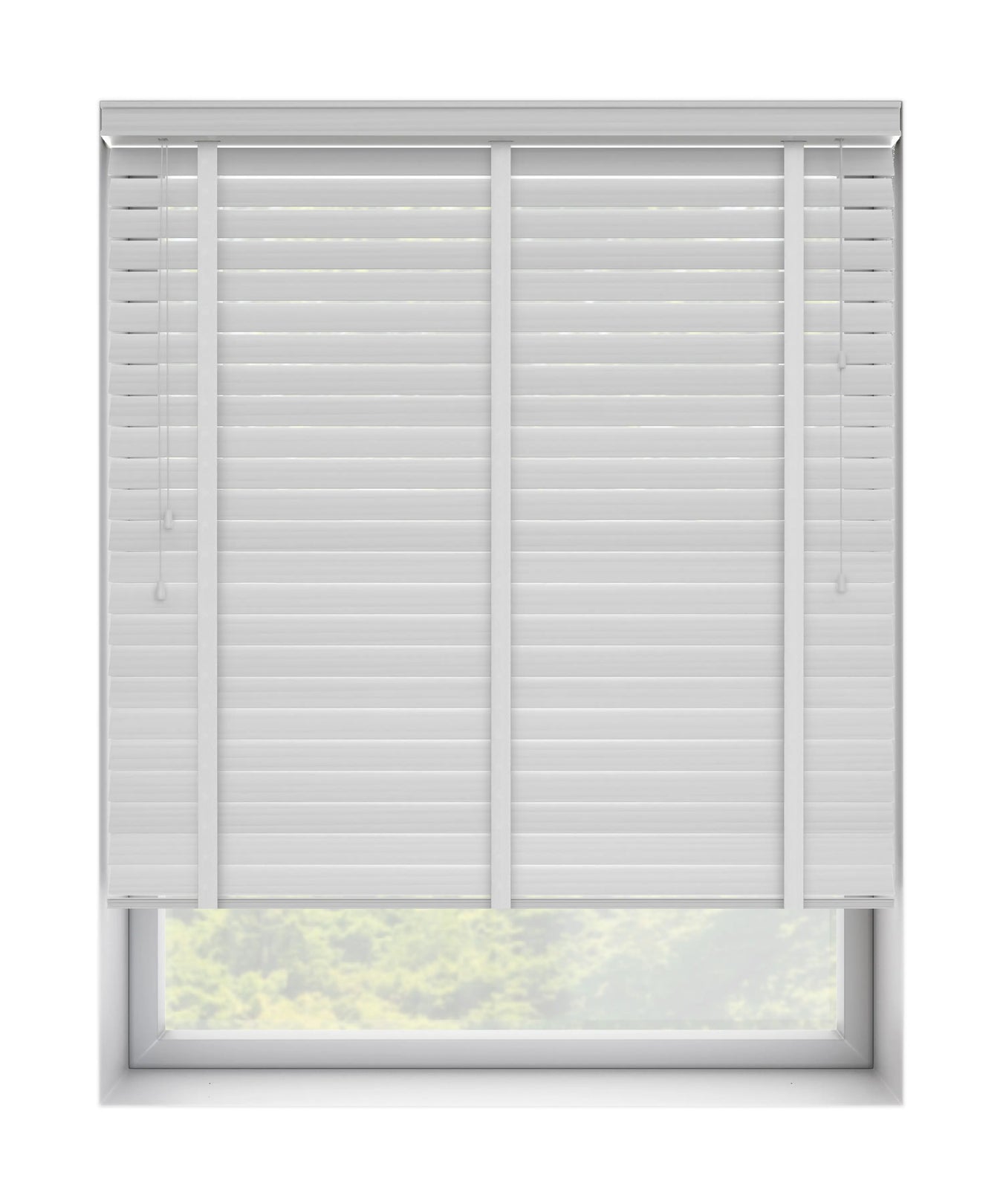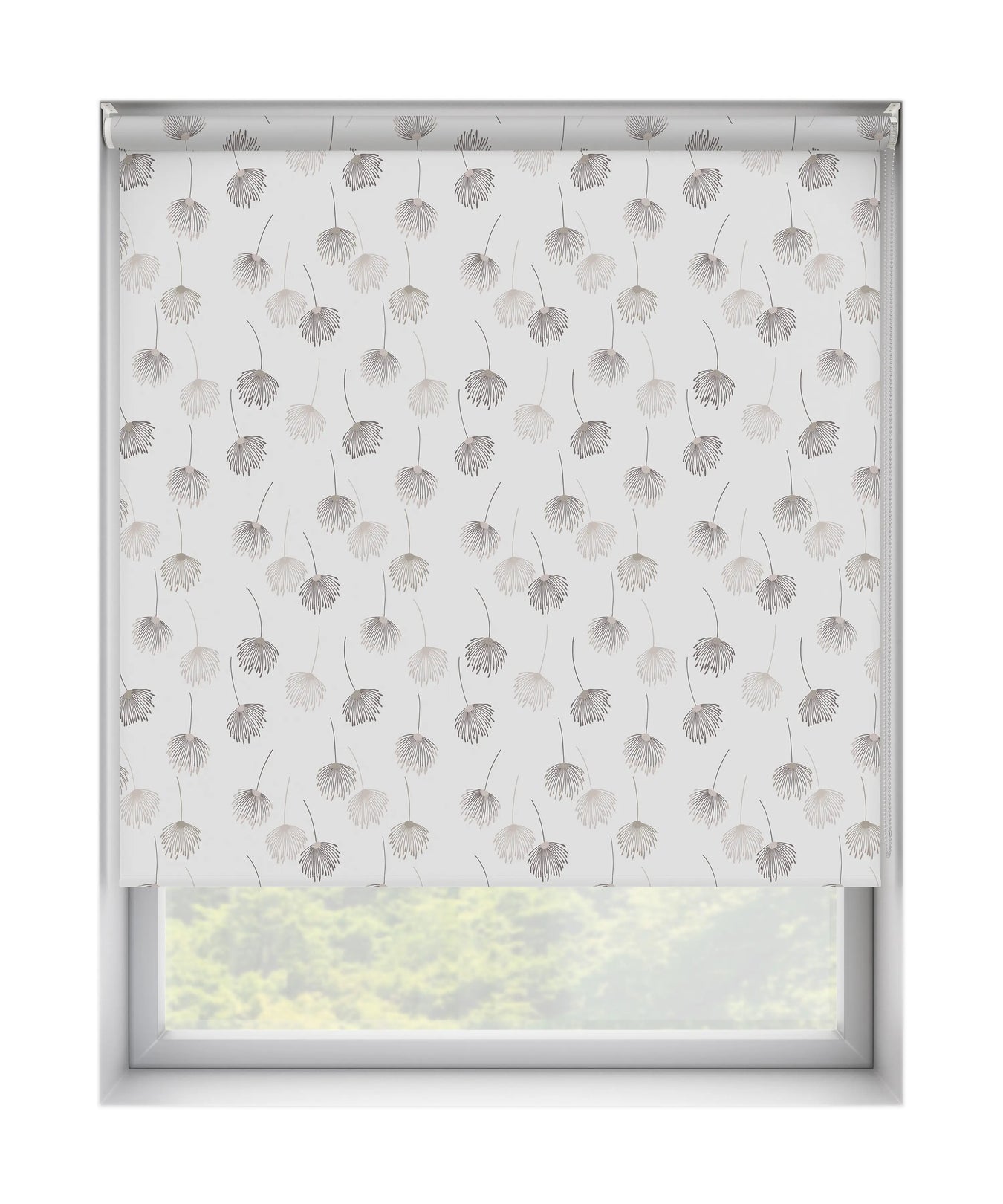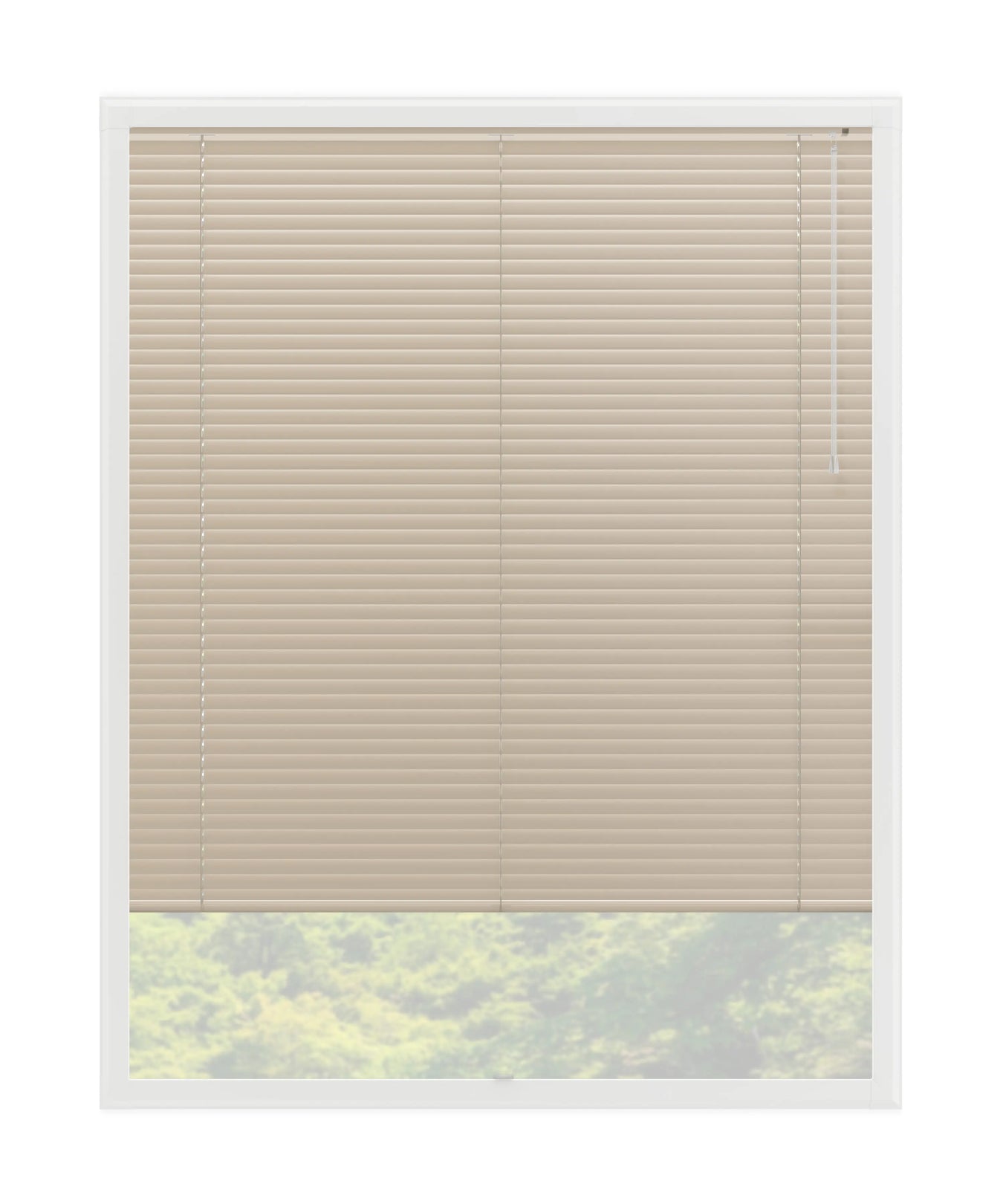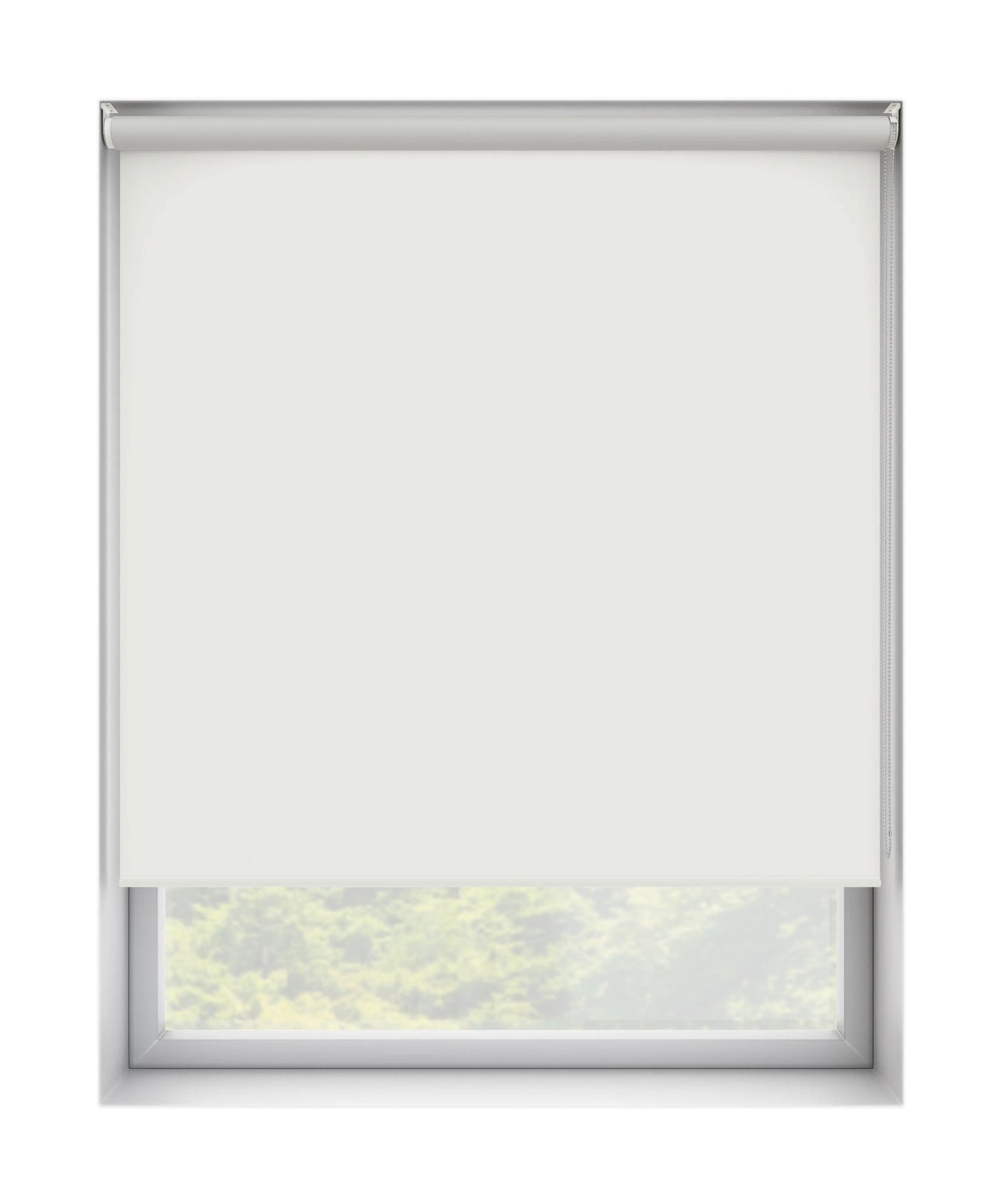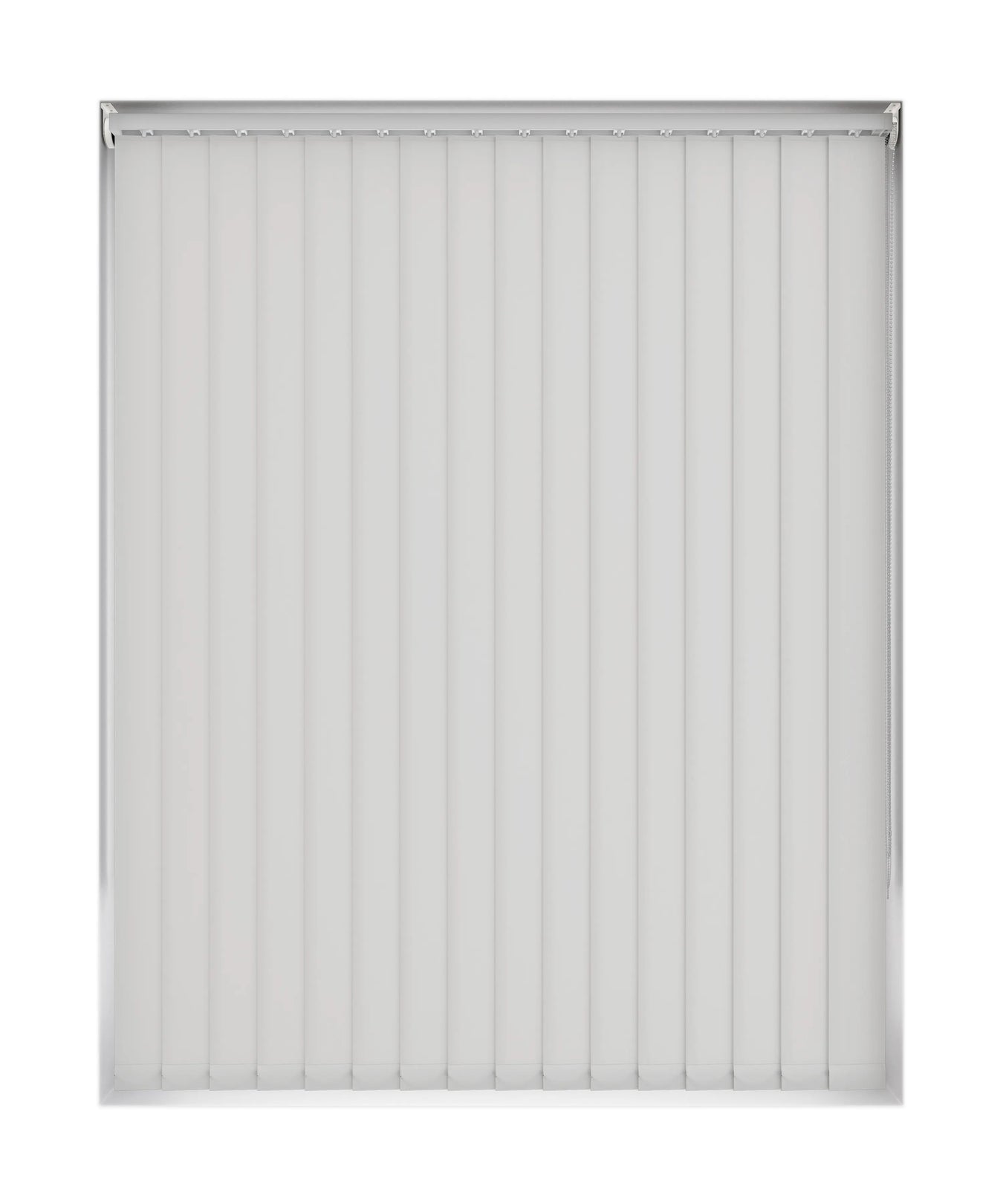
Blinds vs Curtains: Pros & Cons for Window Blinds
When it comes to window furnishings, the blinds vs curtains debate is an age-old one. Do you go for the classic look of curtains, or the modern convenience of blinds? To help you decide, here are the pros and cons of window blinds.
Window blinds can be a great way to bring style and convenience to your rooms. They can provide more light control options than curtains, and are easier to operate. Blinds tend to provide great insulation, as they can completely block out the heat that escapes from the window. Blinds also require less space than curtains and can be a great way to create a more intimate setting in your home.
Comparing Blinds and Curtains

Blinds vs Curtains is a debate that has been going on for years. It's a classic window blind dilemma that has no clear winner. Both blinds and curtains have their advantages and disadvantages, so it's important to consider the window frame and the room before making a decision. Blackout blinds are a popular choice for bedrooms.
Venetian blinds tend to be more expensive than vertical blinds or roller blinds, but they offer more light control options. Thermal blinds are great for energy efficiency, but other window blinds can also be energy efficient if you choose high quality blinds. Window blinds such as fabric blinds can also provide light control, but they may not be as effective as blackout options.
When it comes to hanging curtains, blinds offer more flexibility. You can adjust the slat blinds to let in more or less natural light, while curtains can only be opened or closed. In terms of energy saving, blinds are better than curtains, as they can provide more insulation. Unlike blinds, curtains can create a more intimate setting, and they don't require as much light control.
Benefits of Blinds
Blinds offer a unique window blind solution that can be used in living rooms, bedrooms, and other areas of the home. They provide light control and energy efficiency, often more so than curtains. Unlike blinds, curtains require more space and don't always offer as much control.
High quality vinyl blinds are an excellent choice for rooms that need blackout thermal blinds. Blinds tend to be easier to clean than curtains, requiring only a microfiber cloth and a quick dusting. Vertical blinds are a popular choice for window frames, as they allow for more light control options than curtains. Venetian blinds can be used to create a more intimate setting, while blackout roller blinds can be used to reduce energy saving and improve energy efficiency.
Unlike curtains, blinds offer a low moisture solution for cold weather and high humidity areas. Blinds can be used to completely block out light, or to allow for more natural light to enter the room. Blinds are also easier to operate, as they are usually equipped with a tilt wand or lift cord.
When choosing blinds vs curtains, it's important to consider the amount of light control and energy efficiency needed in the room. Blinds offer more light control options than curtains, and they can be used to completely block out light or to allow more natural light in. Blinds also provide better insulation, as they are made with a thicker material and help keep heat from escaping the window.
Bespoke curtains and made to measure curtains are great for window treatments, but they don't always offer as much light control or energy efficiency as made to measure blinds. Blinds are also easier to clean than curtains, as they require only a quick dusting with a microfiber cloth. Blinds are also better than curtains for cold weather and high humidity areas, as they offer a waterproof options.
Overall, blinds offer a unique window solution that can be used in living rooms, bedrooms, and other areas of the home. They provide more light control and energy efficiency than curtains, and they are easier to operate and clean. Blinds also offer better insulation, and they are a great choice for cold weather and high humidity areas.
Aesthetics of Blinds

Blinds are a popular choice for windows, and for good reason. They are a great way to control light and provide a more intimate setting for rooms. Compared to curtains, blinds offer more control over light. Venetian blinds, for example, provide more light control options than curtains. Vertical blinds are also a great way to reduce energy saving and provide a high quality look.
Unlike blinds, curtains require more space and can be harder to clean. They also offer less insulation than blinds, so heat escapes more easily. When choosing blinds, it's important to consider the aesthetics of the window frame. Blinds come in a variety of materials, such as fabric blinds, wooden blinds, and pvc blinds.
Price Comparison
Price comparison is an important factor when it comes to window furnishings. Blinds vs curtains is a debate that has been around for years, and it's important to understand the pros and cons of both. Blackout Vertical blinds offer a great solution for controlling light and providing privacy. They are typically made of high quality vinyl and are easy to clean and maintain. Venetian blinds are a great option for larger windows, and they provide more light control options than curtains. Roller blinds offer a more modern look and are a great way to control light and reduce energy costs.
Light control is an important factor when choosing curtains or blinds, as both offer different levels of light control. Blinds tend to offer more light control options than curtains, and they are also more energy efficient. Unlike blinds, curtains require more maintenance, as they need to be cleaned regularly. High quality thermal blinds are a great option for cold weather, as they provide better insulation than curtains.
When it comes to window furnishings, both blinds and curtains offer different benefits. Blinds offer more light control options and better insulation, whereas curtains provide more space and a more intimate setting. Fabric curtains are a great way to completely block out light, while sheer curtains allow for more natural light.
The blinds vs curtains debate is one that will likely continue for years to come. Both offer different benefits, and it's important to consider the light control options, energy efficiency, and maintenance requirements when choosing the right window furnishing for your home. From blackout curtains to luxury blinds, there are plenty of options to choose from.
Privacy Options
Privacy is a big concern for many of us. We all want to feel secure in our homes, knowing that our personal information is safe from prying eyes. But how do we ensure that we have the right privacy options in place to keep our information secure? There are a few options when it comes to privacy, and each one offers different benefits.
Blinds and curtains are both options, as both can provide a degree of privacy while still allowing natural light into the room. Vertical blinds and Venetian blinds are popular choices, as they provide light control and can give a more intimate setting. Window furnishings such as blackout curtains and blackout thermal curtains can provide complete light control, while also being energy efficient. Roller blinds are a great option for reducing energy costs, as they can be made to measure and offer excellent insulation.
The blinds vs curtains debate is a popular one, as both offer their own benefits. Blinds tend to provide more light control options, while curtains require more cleaning and maintenance. However, curtains can also provide better insulation and more light control options than blinds. High quality blinds are a great option for those looking for something more permanent. They offer a great degree of light control and energy efficiency, and they come in a variety of colours and styles. Bespoke curtains are also a great option, as they can be made to measure and offer a unique look. No matter which option you choose, both blinds and curtains can provide a great degree of privacy and light control. They can be used in any room, from living rooms to bedrooms, and both offer a variety of benefits. So when it comes to privacy, you can choose the option that best fits your needs.
Final Considerations
When it comes to window furnishings, there are two popular options: blinds or curtains. But which one should you choose? The answer to this question depends on what you’re looking for in terms of light control, energy efficiency, and aesthetic appeal.
When it comes to light control, blinds tend to offer more options than curtains. Vertical blinds, wooden blinds, and roller blinds all provide different levels of light control, from completely blocking out the sun to allowing natural light to filter through. Unlike blinds, curtains usually only offer two options: open or closed. However, blackout curtains and blackout linings can help to reduce light levels.
When it comes to energy efficiency, both blinds and curtains can help to reduce energy costs. High quality vinyl blinds, blackout thermal curtains, and energy saving fabric blinds all provide good insulation. This means that less heat escapes through the window, reducing energy costs in cold weather.
When it comes to aesthetic appeal, both blinds and curtains offer a range of options. From bespoke curtains and made to measure curtains to natural light filtering slat blinds and fabric blinds, there’s something to suit every room. Plus, you can choose from a variety of fabrics, colours, and textures to create the perfect window furnishing.
Finally, it’s important to consider the cleaning requirements of each option. Blinds require less maintenance than curtains, as they can be wiped down with a microfiber cloth and the lift cord and tilt wand should be checked regularly. Curtains, on the other hand, require more frequent cleaning, as dust and dirt can accumulate on the fabric.
When it comes to choosing between blinds and curtains, take into account the light control, energy efficiency, aesthetic appeal, and cleaning requirements. Blinds offer more light control options and require less maintenance, while curtains can provide better insulation and a range of fabrics, colours, and textures. Ultimately, the decision depends on your individual needs and preferences.

